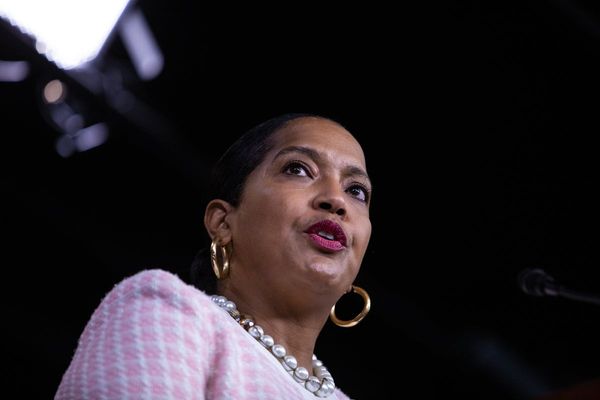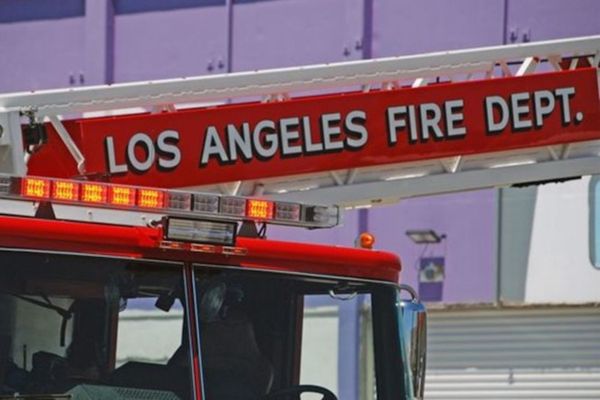
Among the friends of my youth, how few remain my friends today. One of those few traces the bonds between us to an episode that sticks more clearly in his memory than mine: according to him, I stood up for him in the schoolyard when a gang of kids heavied him because he was Jewish.
Sometimes I think it must be a fortunate case of mistaken identity. As a teenager I was many things: gauche, mercurial, talented, modest, the list goes on … but my outstanding characteristic was cowardice. I would die to avoid physical pain – assuredly the ideal way of doing it.
But another trait I possessed was an abhorrence of racial abuse and, as I got older, that extended to any denial of another person’s inherent worth and dignity (unless they were a complete schmuck: you must always make room for exceptions).
So if indeed I stood up for my schoolmate, it must have been something I said. Being verbally quick on the draw has got me out of nearly as many scrapes as it’s got me into.
Friendship – as we all learn over time – comes with barnacles attached, from the tug of competitiveness to the shade of envy, a hankering for solitude and space to resist the ambit claims on one’s time and a different kind of coping mechanism – what Paul Simon speaking of his symbiotic relationship with Art Garfunkel once called developing “our own style of disagreement”.
In our adult lives the style of disagreement that seems to have worked best for my old schoolmate and me is to assert our opinions without pulling punches and then to step away before anybody gets hurt. If we don’t take a pause, each of us is likely to become so intractable that we risk alienating the other’s tolerance; and we like each other too much to do that.
My friend knows how to keep everything on the rails and so do I. Our friendship remains resilient with not so much “no go zones” as a “thus-far-and-no-further” rule.
But lately he has been putting this tolerance under great strain. I should have known he would be among that portion of the population that fears the Indigenous voice to parliament will upset the racial harmony and stability of this country.
To me – and how can one say this of a friend? – he hasn’t been paying attention as the knowledge that there was another understanding of the world cultivated here over 60,000 years before recent generations of our families transplanted themselves from Europe has broadened since we were young from an academic insight into a general community perception.
When he communicated his fear that an Indigenous voice to parliament would deny the principle of equality before the law and picked up Peter Dutton’s argument that it would “re-racialise” the country – an argument advanced by people who appear never to have glanced at race-specific sections (25 and 51) of the existing constitution – I could not hold back lest silence be mistaken for assent.
Our forebears forcibly occupied, and we now live on, the traditional lands of Australia’s First Nations: this and 12 other points in favour of voting yes to the voice I made in a far-too-lengthy email written in considerable vehemence but, I must maintain, equally considerable attention to detail. Seven weeks later I am waiting for a reasoned response to these points, but neither of us wants to overstrain our friendship to breaking point.
My original intention had been not to broach the subject with him at all. His, like mine, is only one vote. Neither of us would have expected to convince the other his position was right.
Yet I retain some hope that – as our difference of opinion is magnified a millionfold, placing other friendships and family ties across the continent under similar strain – my friends, and yours, will give some thought to one argument for a yes vote that has not yet been widely circulated.
At the turn of the millennium “reconciliation” was the buzzword du jour. You don’t hear it much now but it had a compelling urgency when the prime minister of the day saw facing the historical truth as donning a black armband and was so small-hearted that when urged to utter the S-word, he rejected sorry in favour of semantics.
Perhaps the argument I should have used with my friend was this. Australia, in common with most nations, was terra cognita, not nullius, when foreigners arrived in force and – with force – colonised and conquered the land as their own.
Wherever in the world you look – with few exceptions – the modern state has succeeded by creating material prosperity through hard work on territories whose prior inhabitants it excluded and marginalised once the “heavy moving” of people out of their homes and neighbourhoods was done.
The Uluru statement of the heart was, and still is, a collective gesture of reconciliation, an outstretched hand not a fist. The voice referendum is our chance, as beneficiaries of the disruption on their land – the land we now call ours – to achieve what others have striven to accomplish through treaties. (And, yes, it may yet come to that.)
If we want to reconcile while, for once, not insisting that settlement be on the conqueror’s terms, we need to respond with our own gesture of goodwill, marking a clean break with the destructive winner-takes-all attitudes of the past two centuries and more.
They present an open hand. If we truly want peace, not the prolongation of an unequal status quo, how can we say no?
Reconciliation has another meaning, in accountancy. When the figures on one side of a ledger don’t add up, you reconcile them by making adjustments either side of the equals sign. The most recent ABS figures on Indigenous incarceration, released in March, show that 42,000 First Nations Australians are behind bars, an incarceration rate (gauged against the total Aboriginal and Torres Strait Islander population of about 984,000) eight times as high as that of El Salvador.
Don’t talk to me, my friend, of First Nations Australians being equal before the law. The figures on one side of your equals sign are way out of kilter with those on their side. If we don’t accomplish this reconciliation soon – and Uluru points the way to doing that, from the heart to the heart – the winners can spruik their history until they’re blue in the face, but all the fractions of these histories that made up what we call a nation will stubbornly refuse to add up – to one.
• Ken Haley is a veteran newspaper journalist, author and since 2012 has tutored journalism students at Swinburne, Monash and Melbourne universities







